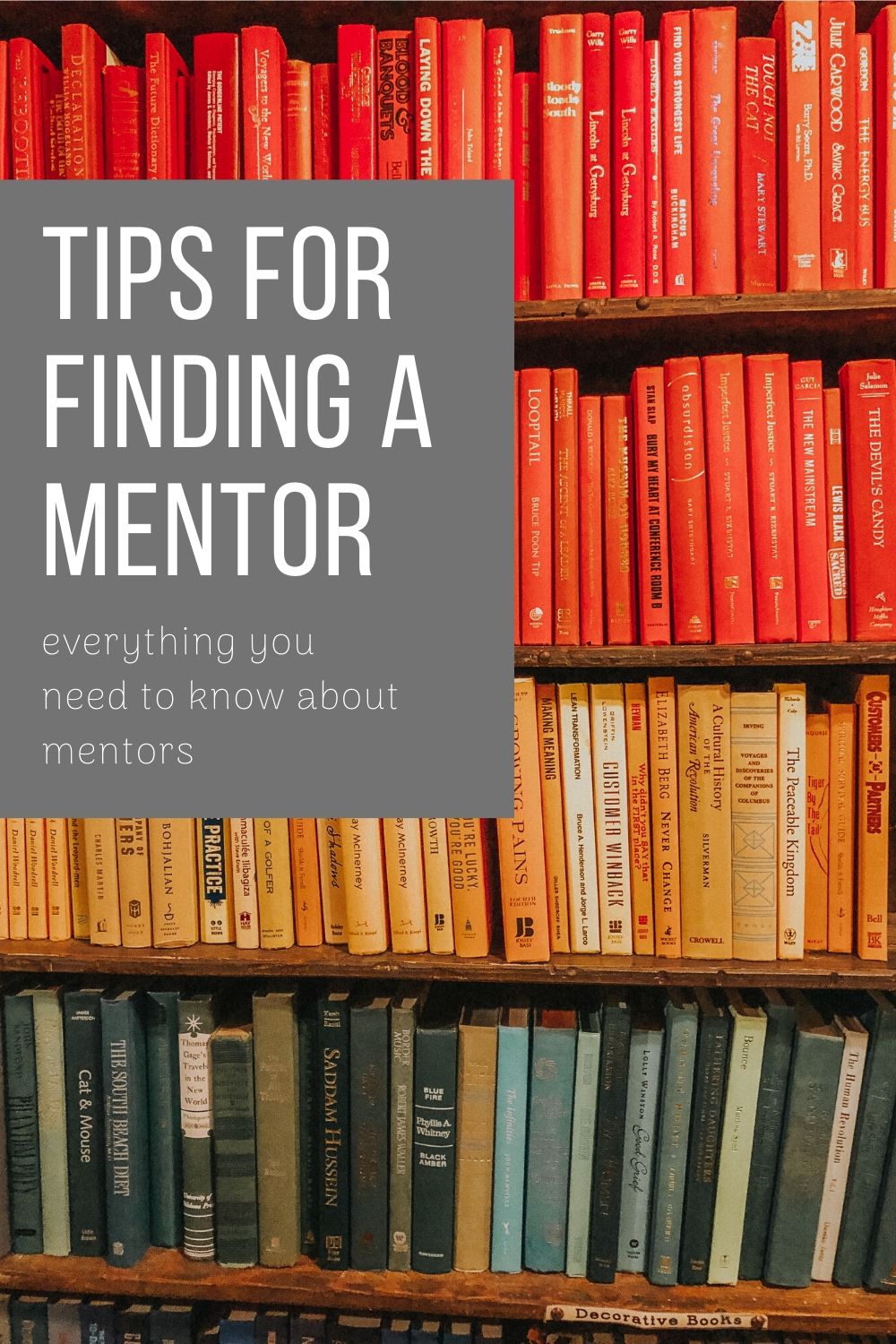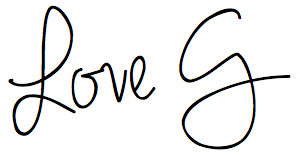Finding a mentor. “Mentor” : it’s this year’s career development buzzword. In any professional development conversation, the importance of having a mentor comes up. Well all know the importance (in theory), but what no one tells you is:
- How to find a mentor
- How to make someone become your mentor once you find them
- What to talk about
Let’s start with the basics:
What is a mentor?
Let’s start by clarifying something – the difference between a mentor and a coach. While they’re similar, they’re not quite the same.
- MENTOR
- Long-term relationship building
- Supports your development and growth.
- Provides big picture advice
- COACH
- Short-term relationship building
- Work on specific goals and behaviors
- Provides more narrowed advice
How do you find one?

I remember when I first started my career, I felt pressured by all the mentorship discussions to seek out a mentor. I made the mistake of asking a speaker that I had heard once within my company to be my mentor without having ever met 1:1. The awkwardness that ensued made me realize that 1) being a mentor is actually a big commitment and 2) it’s not something you just ask anyone. What I soon realized was that finding a mentor wasn’t just something you check off your to do list, but more like an ongoing process of developing a relationship.
Finding a mentor starts with some shopping. Think about it like shoe shopping – you try on a lot of pairs before you pick a pair that is a good fit. You’ll want to have a lot of conversations with people you find interesting before settling on one (or a couple) that are perfect for you. The shopping includes a lot of networking – meet as many people within and outside of your industry as you can. The more people you meet, the more you’ll learn, and the more options you’ll have. Once you’ve settled on some possible people, you’ll want to have some initial conversations.
What those initial conversations should look like:
- Similar to an informational interview, you can find that post here, the first meeting is a getting to know each other. Topics should include: (~30 minutes over coffee)
- what they do
- what you do
- where they’re from, etc.
- If that goes well, schedule a follow up – perhaps on a specific topic that came up that you want to learn more about:
- for example: their business unit, graduate education, etc.
I have found that often you don’t need more than an hour. If you’re really organized and have a set agenda, even 30 minutes will do.
When do you know it’s a mentorship?

When do you know that it’s a mentorship? There’s a couple of different scenarios:
- The company that has the mentorship program: The company that has the mentorship program is the ideal (and easy) path. Your job has done all the hard work of finding people excited to shape careers, that have the time to devote to you. In these cases, you know that you have a mentor because well… you’ve been given one. Of course you still need to go through the process of finding one that’s a right fit and getting to know them, but the weight of the “relationship conversation” is off your shoulders. Where it gets a little more complicated is in situation #2.
- When you’re riding solo trying to find a mentor: I don’t want to say something ambiguous like “you’re going to know when you know” but it’s kind of true. I have about 5-6 people in my mentor rolodex, all for different things. For example, there’s someone on my team that mentors me on all things related to my current job, and someone in a much higher position at my company mentoring me on how to move up in my career. I’ve established all these relationships, and over time have gotten to a point of trust and utmost respect for these people. While I don’t have established monthly meetings with them, I do know that when I need something I can pick up the phone and give them a call, or schedule a meeting. Which leads me to my first point in the next section.
Things to remember:
Don’t get caught up in the titles.
I get it, we want to collect mentors like Pokemons because that’s trendy and it seems important. Something I’ve realized is not to get caught up the titles. From my experience, bringing the M word into a conversation can really scare people off. So, feel free to have those official conversations if you feel ready… or don’t. Just because someone isn’t officially mentoring you, doesn’t mean that they’re not your mentor.
It’s okay to have more than one mentor for different aspects of your career.
To go back to the shoe analogy – every occasion requires a different pair of shoes. You’re not going to wear your fancy heels on a hike, or your flip flops to a wedding, right? While one mentor might be great for one area, they may not be the best fit for another area.
It’s totally okay to have more than one mentor. In fact, I was recently at a talk where the presenter suggested that you have 5-10 people on your personal “Board of Directors.” This board is an organized version of your mentorship web, and helps tackle different areas of your life and career.


SHOP THE LOOK
Have you found a mentor? What advice would you have for someone on the hunt?

Looking for more career topics? Continue reading in the Career & Success section on the blog.
Photography by Karya Schanilec








I always enjoy your blogs…so relevant for today’s young career builders and always full of genuine advice. I’m a mama raising the babies right now, but always enjoy refreshing my knowledge on how to get back into the work force effectively and deligently thanks to your blogs. Great Job Julia!